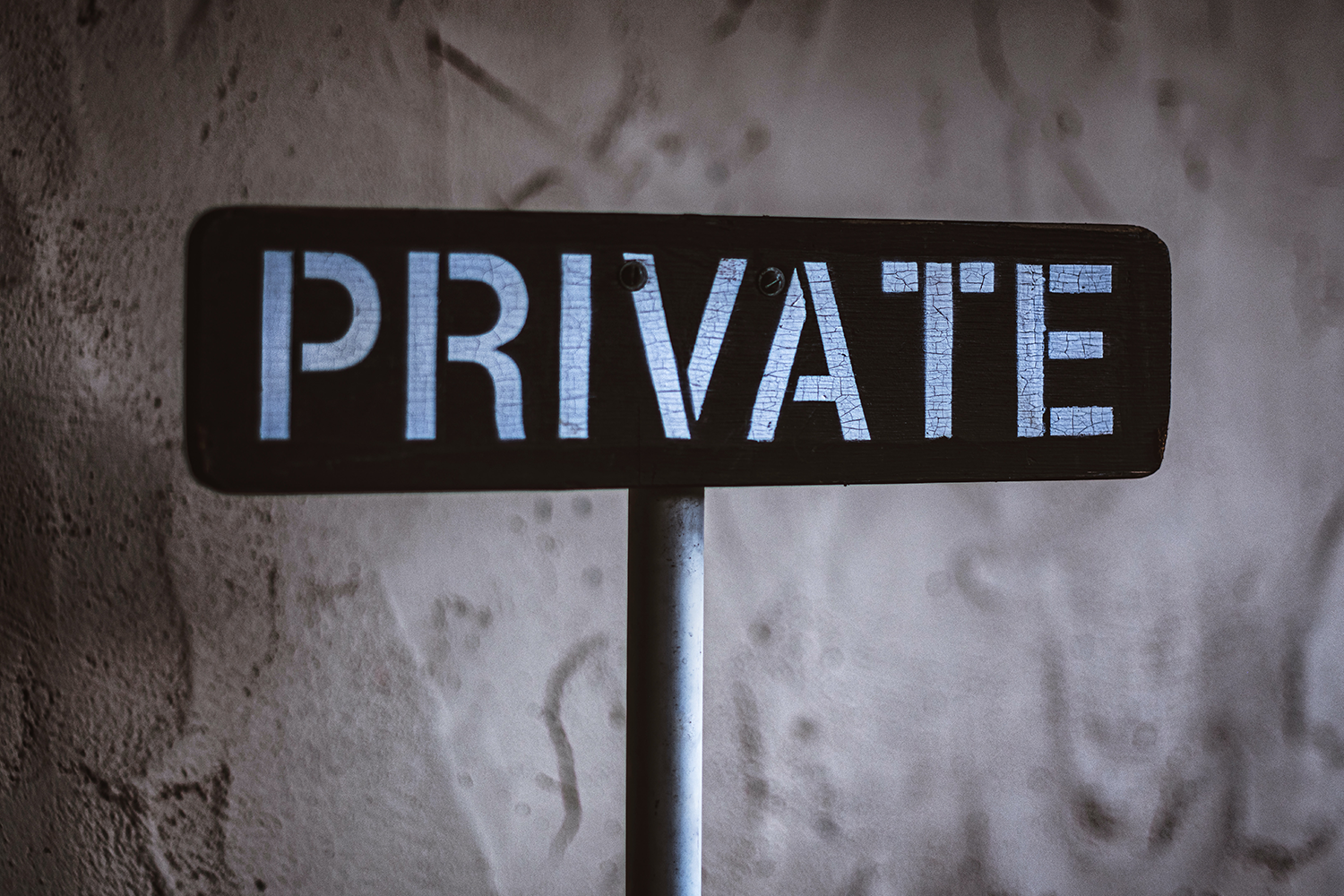Sample eWorkplace HR Policy
A sample eWorkplace HR Policy. Intended for use by nonprofit organizations.

There Is No Expectation of Privacy When Using Nonprofit E-Ware
A. E-Ware, Authorization and Ownership
E-Ware includes all electronic devices and software communication, provided or supported by Nonprofit, including, but not limited to personal computers, workstations, laptop computers and electronic tablets; peripheral equipment such as printers, modems, fax machines, and copiers; computer software applications such as software that grants access to the Internet or e-mail; and, telephones, including cellular phones, smart phones and voicemail systems.
Nonprofit will give access to its E-Ware to those employees whose job performance will benefit from the use of Nonprofit’s E-Ware. Nonprofit owns all information created, received or stored on any electronic device or software communication provided or supported by Nonprofit.
B. Use of E-Ware
Employees should use Nonprofit’s E-Ware for the purpose of conducting Nonprofit business. Employees may use Nonprofit’s E-Ware for incidental personal use so long as such use does not interfere with the employee’s duties, is not done for pecuniary gain, does not conflict with the Nonprofit’s business, is not for any illegal purpose and does not violate any Nonprofit policy [e.g. “Policy Against Harassment”].
Personal use may include sending and receiving occasional personal communications and data, using the telephone system for brief personal calls, and accessing the Internet for brief personal searches and inquiries during meal times or other breaks, or outside of work hours.
C. No Expectation of Privacy
Employees have no expectation of privacy, with respect to any aspect of their use of Nonprofit’s E-Ware, including but not limited to the Internet or electronic mail, either while working in the office or remotely, including personal information or messages created, received or maintained on Nonprofit’s E-Ware.
Nonprofit may need to access any and all information, including computer files, e-mail messages, text messages and voicemail messages. Nonprofit may, in its sole discretion, inspect all files or messages on its E-Ware at any time for any reason. Certain of the Nonprofit’s E-Ware requires the use of a password. Passwords do not confer any right of privacy upon an employee of Nonprofit.
D. Deleted Information
All employees should understand that any information kept on Nonprofit’s E-Ware may be electronically recalled or recreated regardless of whether it may have been “deleted” by an employee. Employees who delete information or messages should not assume that such information or messages are confidential.
E. License Restrictions
All software in use on Nonprofit’s Technology Resources is officially licensed software. No employee may load any software on the Nonprofit’s computers, by any means of transmission, unless authorized in writing in advance by __________ [specify, e.g., Technology Coordinator, Office Manager, etc.] and thoroughly scanned for viruses.
F. Confidential Information
Nonprofit protects confidential information of both the Nonprofit and its clients. (“Confidential Information”). Therefore, employees are expected to use good judgment when using or transmitting Confidential Information using Nonprofit’s E-Ware.
Confidential Information should not be accessed through Nonprofit’s E-Ware in the presence of unauthorized individuals nor be left visible or unattended on any E-Ware.
THIS POLICY MAY BE MODIFIED ONLY IN WRITING BY XXXX. NO OTHER EMPLOYEE HAS THE AUTHORITY TO MODIFY THIS POLICY EITHER VERBALLY OR IN WRITING.
Note: this sample policy accompanies the Blue Avocado article, “Can We Fire Someone for Something They Said in a Personal Email?” by Pamela Fyfe
You might also like:
- As Nonprofits Face the DEI Wars, Can a “Prohuman” Approach Help?
- Five Internal Controls for the Very Small Nonprofit
- An Easy-to-Use Accounting Procedures Manual Template
- Drive Your Nonprofit’s Mission by Investing in Your People
- Supporting Caregiver Employees in the Nonprofit Sector
You made it to the end! Please share this article!
Let’s help other nonprofit leaders succeed! Consider sharing this article with your friends and colleagues via email or social media.
About the Author
Blue Avocado is an online magazine fueled by a monthly newsletter designed to provide practical, tactical tips and tools to nonprofit leaders. A small but mighty team of committed social sector leaders produces the publication, enlisting content from a wide range of practitioners, funders, and experts.
Articles on Blue Avocado do not provide legal representation or legal advice and should not be used as a substitute for advice or legal counsel. Blue Avocado provides space for the nonprofit sector to express new ideas. The opinions and views expressed in this article are solely those of the authors. They do not purport to reflect or imply the opinions or views of Blue Avocado, its publisher, or affiliated organizations. Blue Avocado, its publisher, and affiliated organizations are not liable for website visitors’ use of the content on Blue Avocado nor for visitors’ decisions about using the Blue Avocado website.







